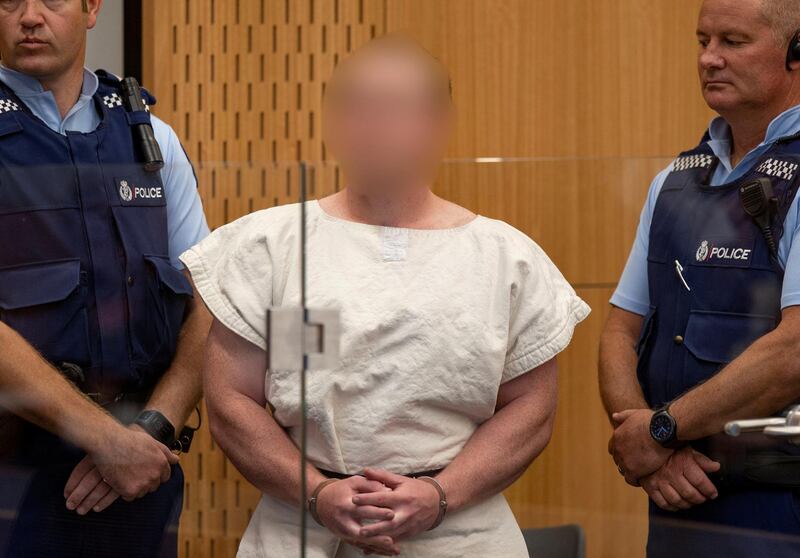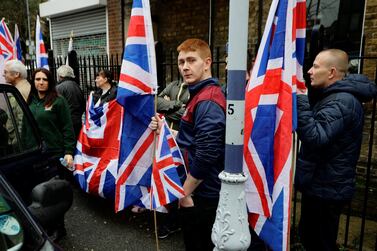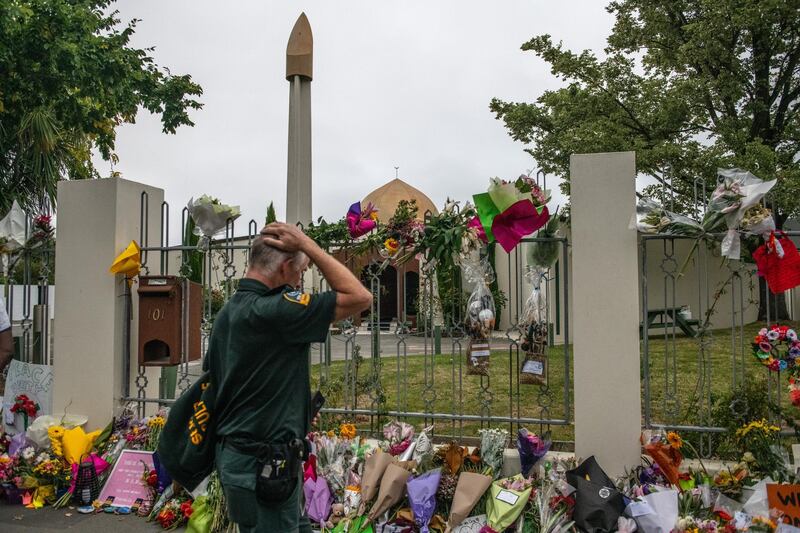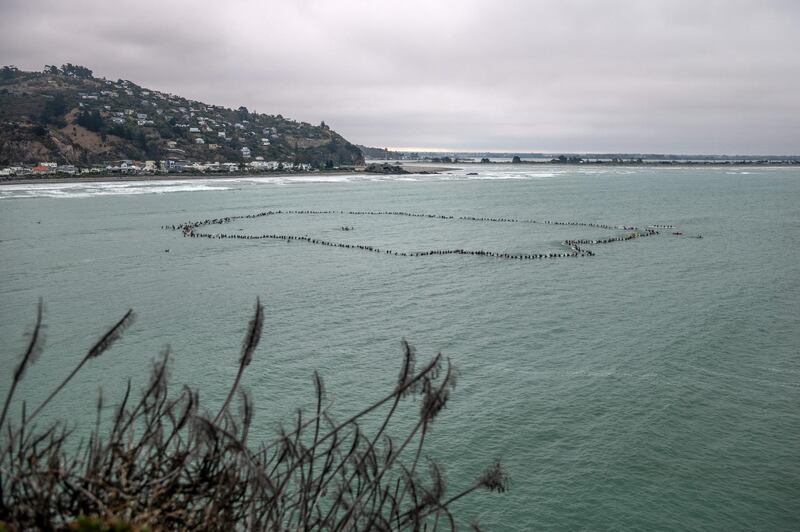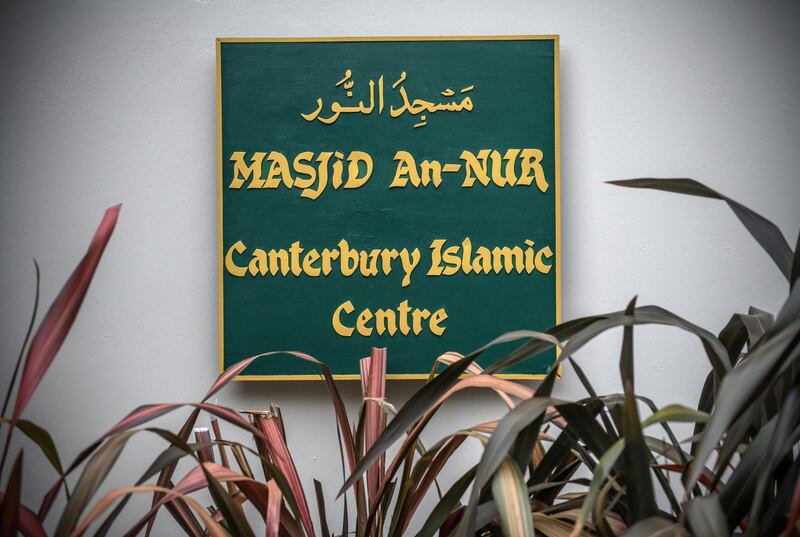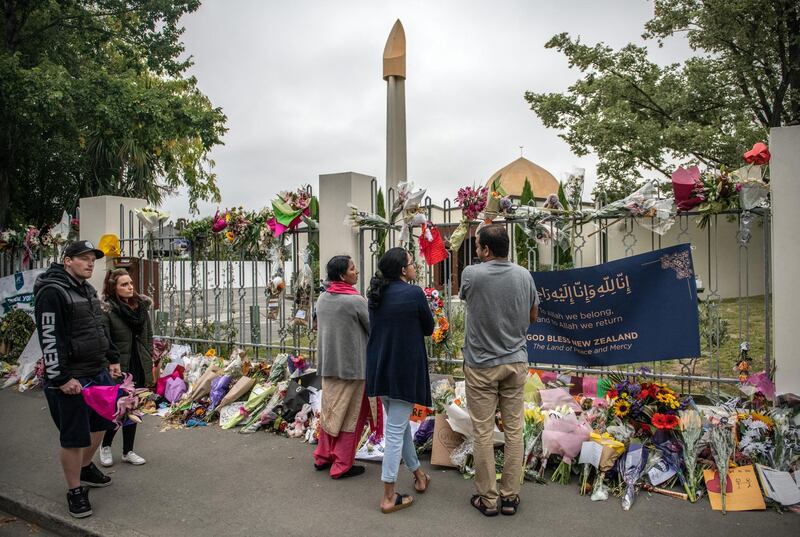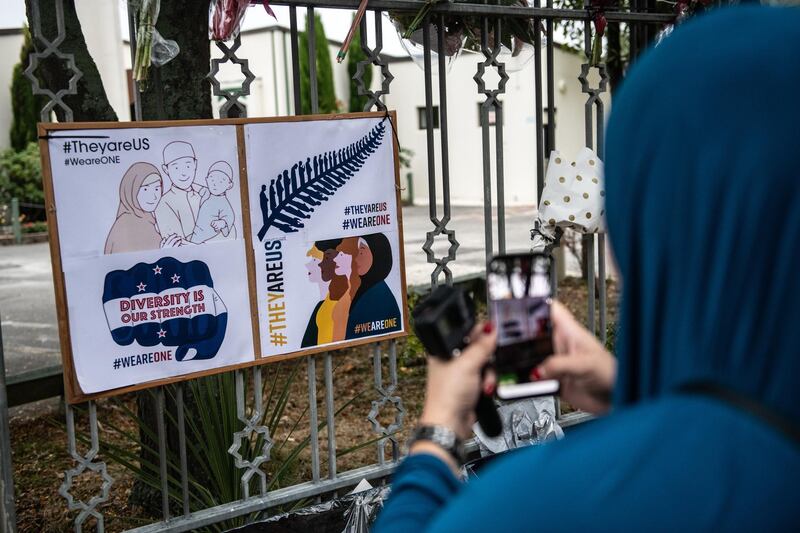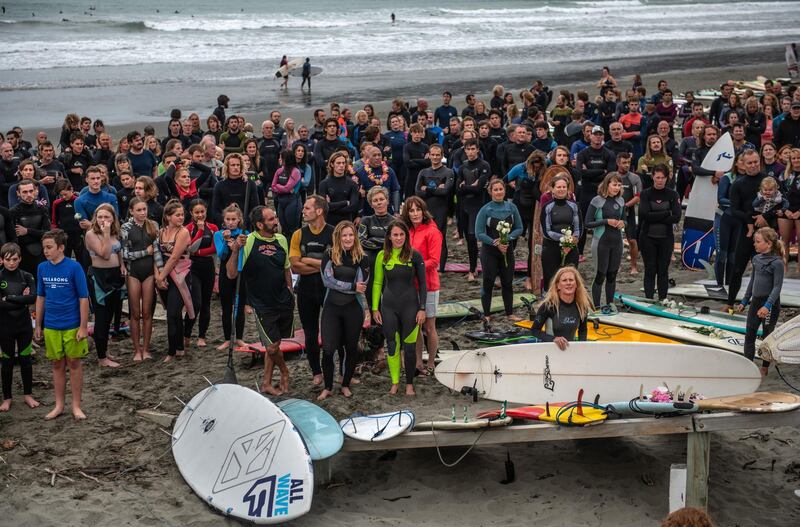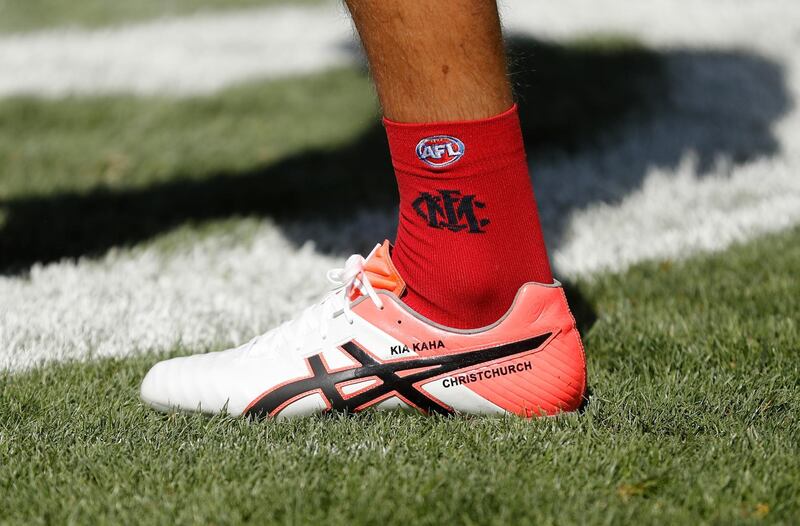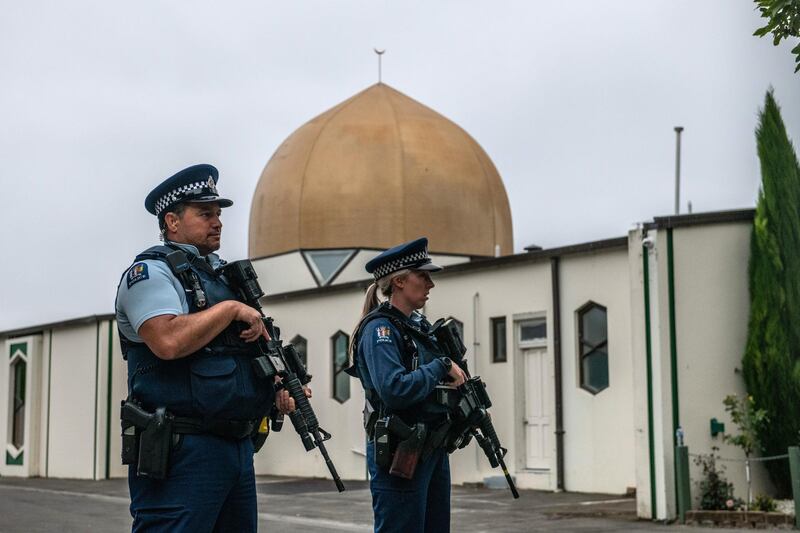The man suspected of two mosque shootings in Christchurch New Zealand last month will face 50 murder charges when he appears for the second time in court on Friday.
A 28-year-old Australian has already been charged with one murder as a means of holding him in custody pending trial. But police said on Thursday that they will ensure all the deaths and injuries from the March 15 attack will be shown in the new charges brought in his next appearance.
"The man arrested in relation to the Christchurch terror attacks will face 50 murder and 39 attempted murder charges when he appears in the High Court in Christchurch on Friday," the police said in a brief statement.
The man will appear via video link in the Christchurch court from a maximum-security prison in Auckland.
A note from the court this week said the appearance was likely to be brief and would "ascertain the defendant's position regarding legal representation" and other procedural matters.
The defendant sacked a court-appointed lawyer after his first court appearance on March 16, raising fears he would represent himself in order to use the courtroom as a propaganda platform.
The court said the defendant would not be required to enter a plea during Friday's hearing.
The court has now barred media from filming or photographing the accused.
Police said further charges were being considered against the man – a self-avowed white supremacist – but did not specify what they were.
They may relate to whether the court deems the attack a terrorist act, something Prime Minister Jacinda Ardern has repeatedly labelled the atrocity.
However, New Zealand's Terrorism Suppression Act, introduced after the 9/11 attacks in the US, is little used and could complicate the prosecution.
Criminal charges, such as murder and attempted murder are easier to pursue, although prosecutors may want the accused tried as a terrorist to make the point that right-wing attacks is just as dangerous as that carried out by Islamist extremists.
New Zealand's Corrections Department revealed last month that the defendant was segregated from other prisoners and able to be observed constantly, either directly by staff via CCTV camera.
It said he had no access to television, radio or newspapers and no visitors.
Local media have reported that if convicted, he will likely face long-term isolation to prevent him from being targeted by the largely Polynesian prison population over his white supremacist views.
New Zealand is in the process of tightening its gun laws after the attack and the government has also said it will review laws dealing with hate speech.
Ms Ardern has called for action by social media giants after the alleged gunman live-streamed the attacks online.
The latest update from health authorities earlier this week said 24 people remained in hospital after the attacks, four of them critical, including a four-year-old girl.
